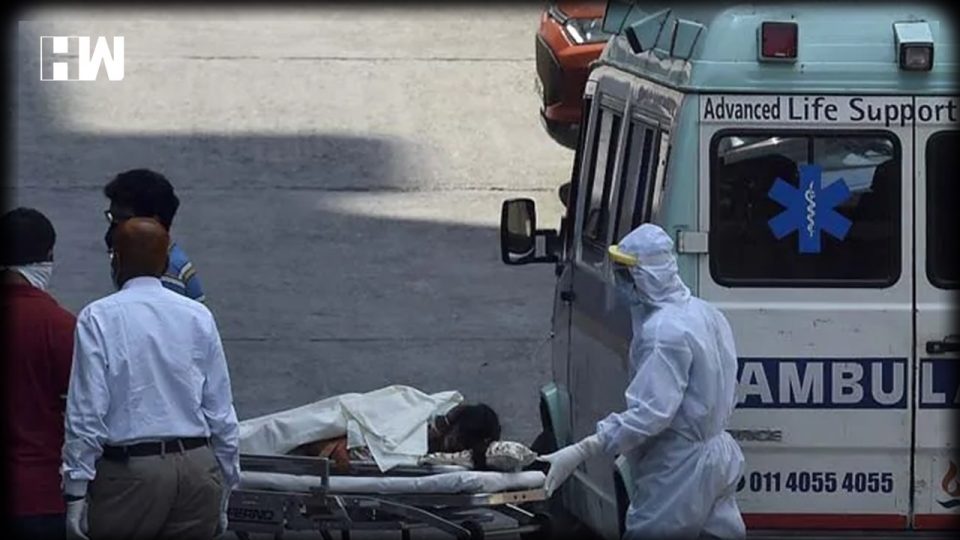Sources revealed that in Mumbai, Pune, Delhi, Ahmedabad and Indore, the infection rate is much higher than other containment areas
MUMBAI| The finding of the first population-based serosurvey, conducted by the Indian Council of Medical Research (ICMR) to evaluate the extent of exposure to COVID-19, show that nearly 30% of the population in several containment areas may have acquired the disease and recovered.
Following the reports in The New Indian Express, ICMR, with the assistance of state governments, National Centre for Disease Control and India’s office of WHO procured close to 24,000 samples from 70 districts across India, from randomly chosen individuals.
In the report the government sources quoted saying, the surveys conducted by the ICMR revealed that in many containment areas, 15 to 30 per cent of the population has been exposed to the infection.
Sources privy to the serosurvey report told News18 that in Mumbai, Pune, Delhi, Ahmedabad and Indore, the infection rate is much higher than other containment areas.
The finding do not imply the presence of herd immunity but it shows that immunity to the infection is developing gradually in India. It also means that people residing in these areas will be the first to develop herd immunity, which will take time.
The finding further reveal that there are scores of asymptomatic patients in India and infection is much more widespread than what is being reflected.
A serosurvey involves testing of blood serum of a group of persons to check for the presence of antibodies against that infection t know who has been infected in the past and has recovered.
Depending on the level of seroprevalence of infection, appropriate public health interventions can be planned and implemented for prevention and control of the disease, the Indian Council of Medical Research (ICMR) had said earlier.
The antibody tests for the ICMR serosurvey have been carried out using the COVID-19 Kavach Elisa testing kit which was developed by the National Institute of Virology under the ICMR. The test kit has been validated at two sites and has high sensitivity and specificity, thus making it a better tool for surveillance of infection spread in a community compared to the rapid antibody test kits.
It is an IgG Elisa-based test. This means that the test will be done to detect the Immunoglobulin G (IgG) antibody.
As an independent media platform, we do not take advertisements from governments and corporate houses. It is you, our readers, who have supported us on our journey to do honest and unbiased journalism. Please contribute, so that we can continue to do the same in future.

